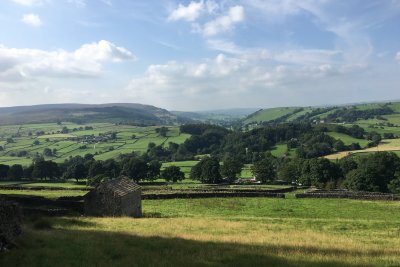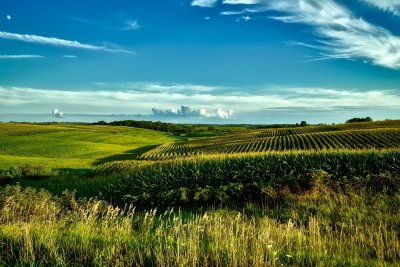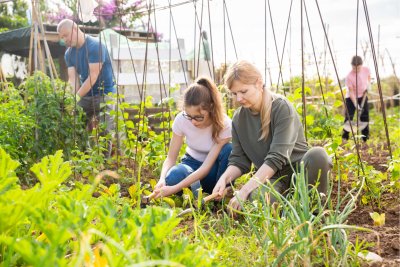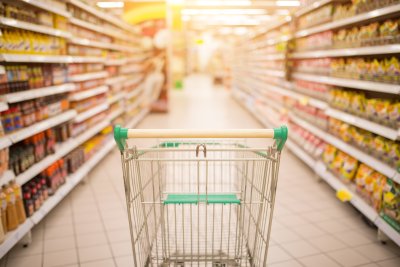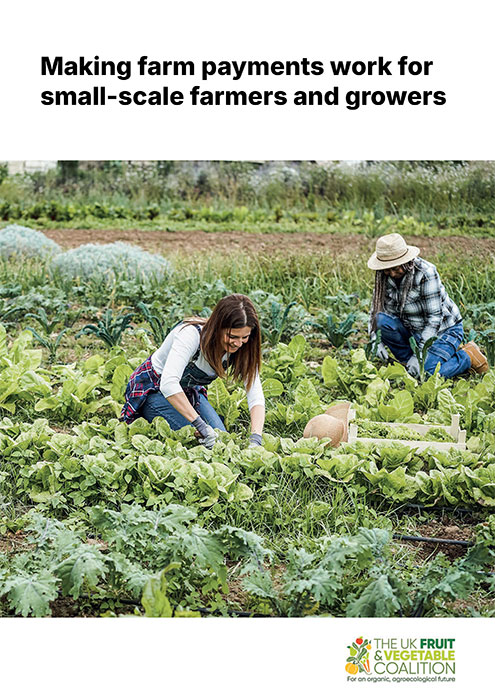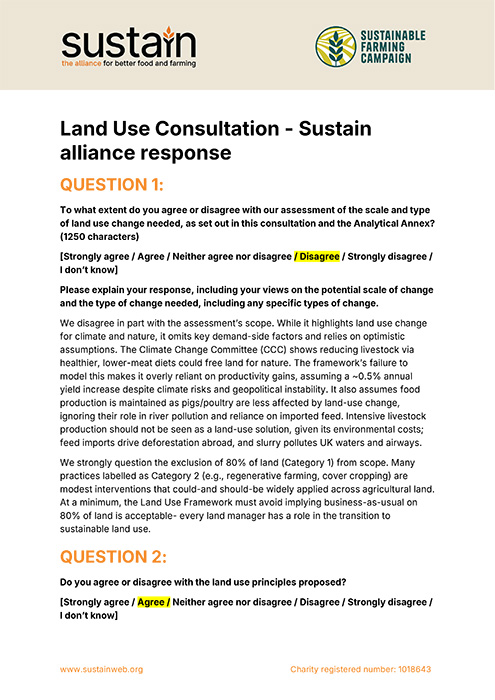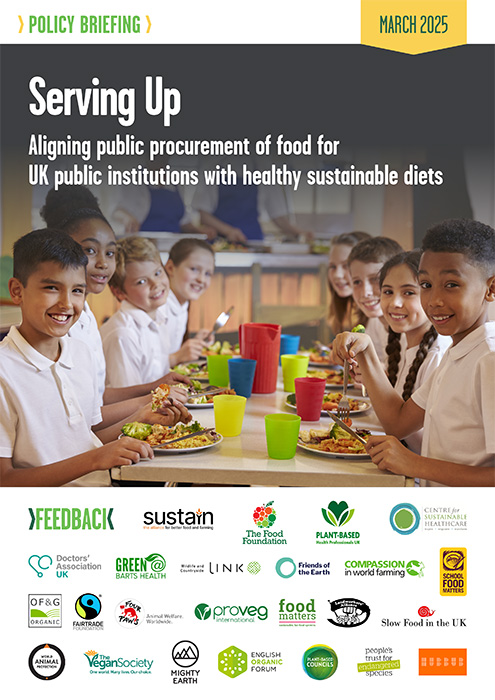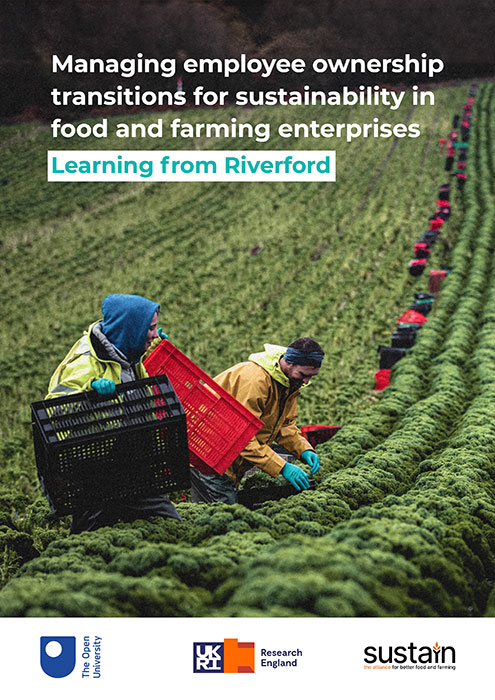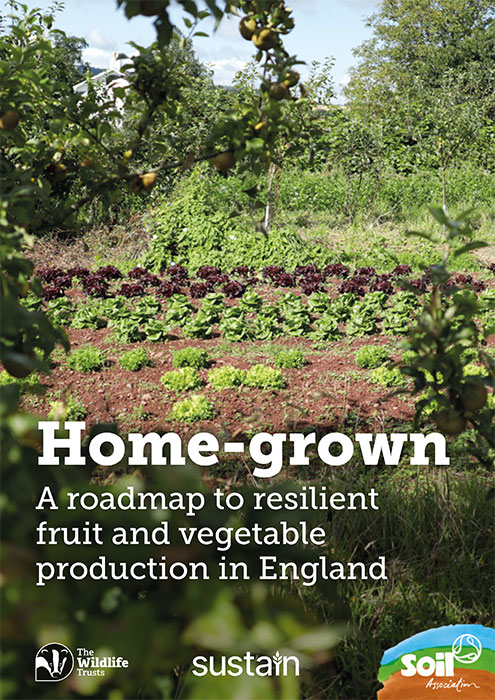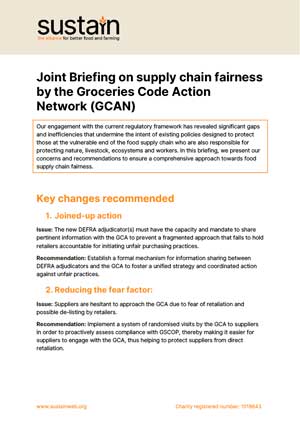The way we farm is important for the environment, our communities, and everyone on this planet. We all have a stake in the ways we produce food.
The Sustain alliance is a leading voice in pushing for an sustainable farming future in the UK.
We need to move towards farming systems that provide healthy, affordable food that is grown to high standards and which supports good livelihoods.
We advocate for agroecological farming and better routes to market in the UK. We see a future based on cooperation and democracy in our agri-food system.
Food producers should receive a fair price, workers the real living wage, and all citizens access to affordable healthy food.
Whether public funding or the marketplace, producers should be fairly rewarded for producing healthy food in ways that benefits climate, nature, water, and air.
We want to see a vibrant sector that creates opportunities for new entrants and a pathway for people from diverse backgrounds to participate from farm to fork.
Farmers and growers should be enabled and empowered to work together through open knowledge exchange and collaboration groups.
Farmers, workers, and citizens should have a say in our food system, with more negotiation power provided within more local and regionalised food.
We must realise the vital role which farmers and independent food businesses play in building wealth and connection in our communities.
Government policies and food industry practices often drive harmful production systems that degrade nature, climate and the environment, and many farmers and workers struggle to make a decent living from farming.
Regulations are failing to protect farmers and workers from unfair trading practices that are used by big players in the supply chain, such as supermarkets.
Changes in Government policy, as well as better use of public and private investment, could do much more for the benefit of everyone.
The UK must change farm support so that it rewards agroeoclogical food production and the delivery of public goods. The Government's approach to international trade deals will also have big implications for farmers, at home and abroad, and they must be based on high standards and fairness.
Agriculture Act 2020
This landmark piece of legislation passed through Parliament in 2020. Sustain coordinated the alliance response to it.
Farm diversity
Having a diversity of farm sizes and types is vital to ensure a thriving farming sector and rural communities, available and attractive to new entrants, progressive farmers, and producing a healthy countryside.
Yet there has been a dramatic loss of English farms over the past decade threatening damage to landscapes, rural jobs and cohesion and habitats.
The agricultural transition
England is moving towards a payments system based on supporting the delivery of environmental public goods. The design and implementation of Environmental Land Management (ELM) schemes will take place up to 2027 and Sustain are advocacting for this flagship policy to reward agroecological farming.
Farming and trade
The ways in which the UK trades with other countries has a significant impact on farming. Whether that be unsuring food imports meet UK environmental and animal welfare standards, or the challenges of UK farmers competing on economies of scale, Sustain is campaigning for a thoughtful approach to trade policy.
What is agroecology?
The practices and principles that underpin agroecology come from indigenous farmers and communities. More recently, it has gained interest globally in response to the climate and nature emergency. The Food and Agriculture Organisation worked with countries to set out 10 key elements of agroecology.
Sustain's approach
To feed ourselves and future generations sustainably, we need a radical shift in farming, land use and fishing, towards agroecological, fair, more diverse and resilient systems. Sustain’s approach to fair, healthy and sustainable food, farming and land use is described here.
Agroecology and policy
UK farming policy is in the process of changing. The introduction of public money for public goods and new legislation like the Agriculture Act and Environment Act have pushed this.
How can the UK Government support the transition to agroecology to deliver on environmental, social, and economic needs?
A future for horticulture
Sustain supports the work of the Fruit and Vegetable Alliance, seeking to increase fruit and vegetable production and consumption, as a key way to promote public health through farming policy.
Overuse of farm antibiotics
The systematic overuse of antibiotics in human and animal medicine is undermining their ability to cure life-threatening infections in people, by creating an army of dangerous bacteria that are resistant to antibiotics.
Better food enterprise
Better food enterprise and shorter supply chains are cornerstones of a sustainable, resilient, and fair food system. This structure of our food supply can bring together fair prices to farmers, better wages for workers, and access to healthy food for citizens.
Farm workers
There has been insufficient government action to tackle the labour shortage crisis in farming. We need a plan to make jobs attractive with good pay, benefits, and conditions, so that people see a career in farm work.
Fair dealing and regulation
The UK's food supply chain is inherently unfair towards farmers and workers. The consolidation of the retail market, as well as the dominance of large intermediaries in the supply chain, drive this.
Unpicking Food Prices
We know money flows are problematic, from our research, from anecdotal evidence and from the overall data available on agri-food sector. Farmers, as sole traders, family businesses, or as small and medium-sized enterprises, are getting a very low return on their efforts.
Beyond the Farmgate - report of a 500 farmer survey on supply chains
The evidence is clear that the current food system, and specifically the infrastructure and supply chains that serve it, are not fit for farming or consumers. This new report digs into the results from our survey of 500 farmers, with recommendations on how better systems can be created to benefits farmers, the environment and the public.
Pipers Farm: A livestock farmer-focused supply chain case study
Thirty years ago Pipers Farm was a 50-acre, permanent pasture farm in Devon where Peter and Henri Greig raised their two boys and reared native Red Ruby Cattle, which they sold to customers through their butcher’s shop on the local High Street.
Soul Farm: A CSA farmer-focused supply chain case study
Set up in 2019, Soul Farm has been going from strength to strength as a CSA farm, using agroecological techniques and building trusted relationships with the local community.
